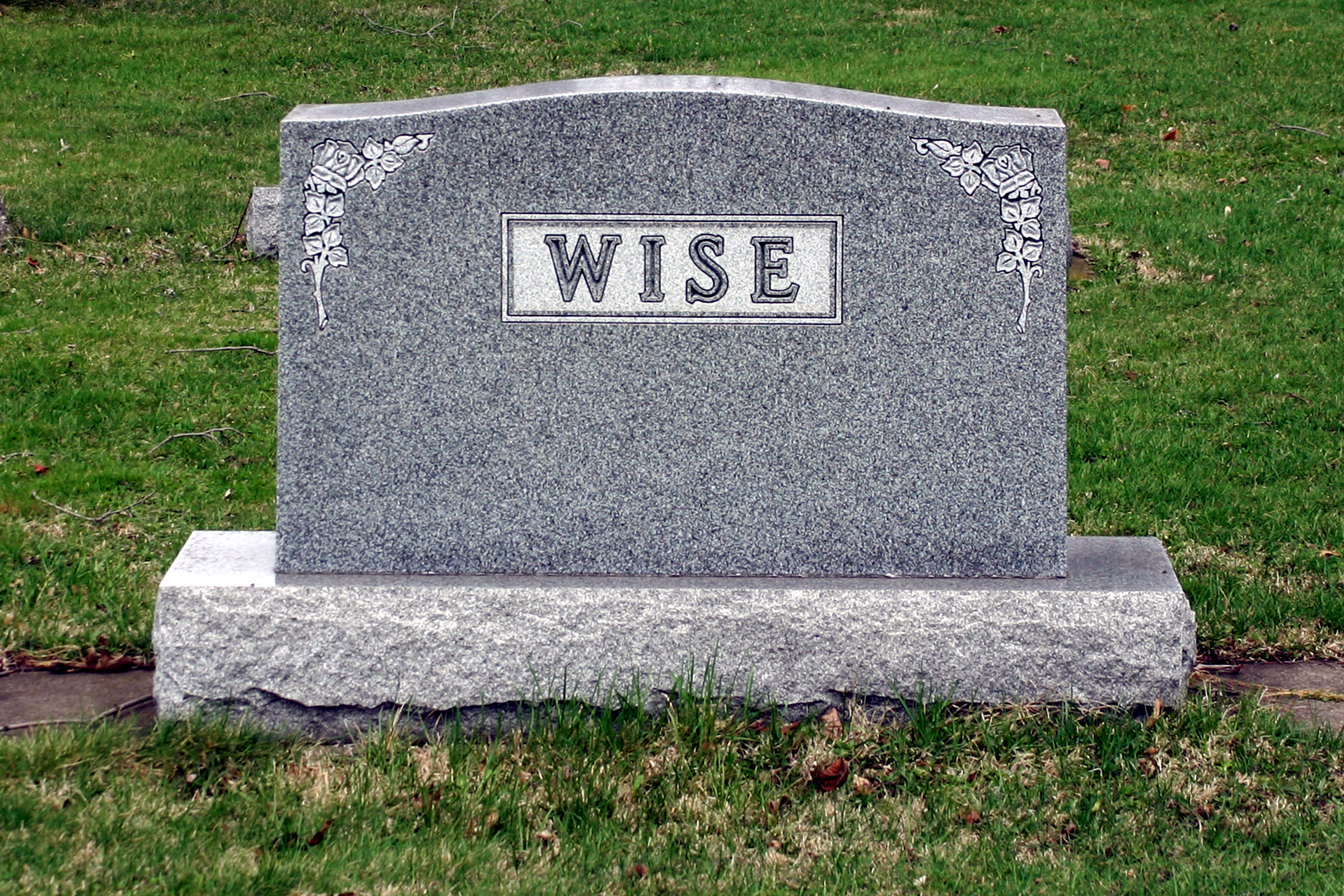
27 Apr Providing for your loved ones when you’re gone
Photo: click/morguefile.comQ. I’m 45, and I have two kids who are 15 and 11. My wife and I each have life insurance through our jobs, and we also each have a $250,000 term policy that will expire in 5 years. I figure we need insurance longer than that. How do I figure out how long I need it and how much I need?
A. Life insurance is a vital part of any financial plan. You may not like paying the premiums, but if the worst happens, your family will never complain about having too much in benefits.
But that doesn’t mean you should have insurance just to give your family a windfall someday, though some do.
That means you need to look closer at your needs.
In financial planning, this is known a capital needs analysis, which looks at survivor income.
To do this, there are several variables, but you left out the most important one: the amount of income you are trying to replace.
“The replacement income is the equal to the lifestyle expenses you anticipate will need to be replaced if one of you die prematurely,” said Reed Fraasa, a certified financial planner with Highland Financial in Riverdale. “The calculation considers the amount of income you want to replace and uses an inflation assumption to project those cash flows over the number of years you believe you need to replace.”
It is a calculation for a point in time, though — a present value calculation — as your needs may change over time.
“For that, you would need to project the growth of your assets available to provide income,” he said. “Basically, once you reach enough assets to retire and live your life goals, you no longer have a survivor income need.”
Fraasa said it’s a rather complicated calculation that a competent financial planner will do for a client using sophisticated financial planning software.
“However, you can do your own back-of-the-envelope calculation to get started: 1) determine the annual income you need to replace if you or your spouse died, 2) make sure you include annual savings for retirement, 3) multiply this number by 10, 4) then add to this any special goals like college funding or short-term debt liquidation,” he said.
As you do your calculation, keep in mind that your group insurance through your employer will end 31 days after you cease employment, said Dean Shah, a certified financial planner with Stonegate Wealth Management in Oakland.
It’s possible that you can convert that group policy to an individual one, Shah said, so check with your employer for the details.
You should then check your existing individual life insurance policy to see if it allows you to extend the terms or convert to a permanent policy and its cost, Shah said.
“The conversion option may require providing satisfactory proof of good health. Your decision may also depend on your health,” he said.
Or, you can consider applying for a new life insurance policy, he said. You will be required to provide satisfactory proof of good health, but you will have more product options available.
Then you can compare all the costs.
If you need a little more guidance, consider a free money makeover with NJMoneyHelp.com. We’ll have a certified financial planner go over your insurance options — along with the rest of your financial situation — so you can make smart decisions about what to do next.
Email your questions to Ask@NJMoneyHelp.com.
This story was first posted in April 2015.
NJMoneyHelp.com presents certain general financial planning principles and advice, but should never be viewed as a substitute for obtaining advice from a personal professional advisor who understands your unique individual circumstances.
